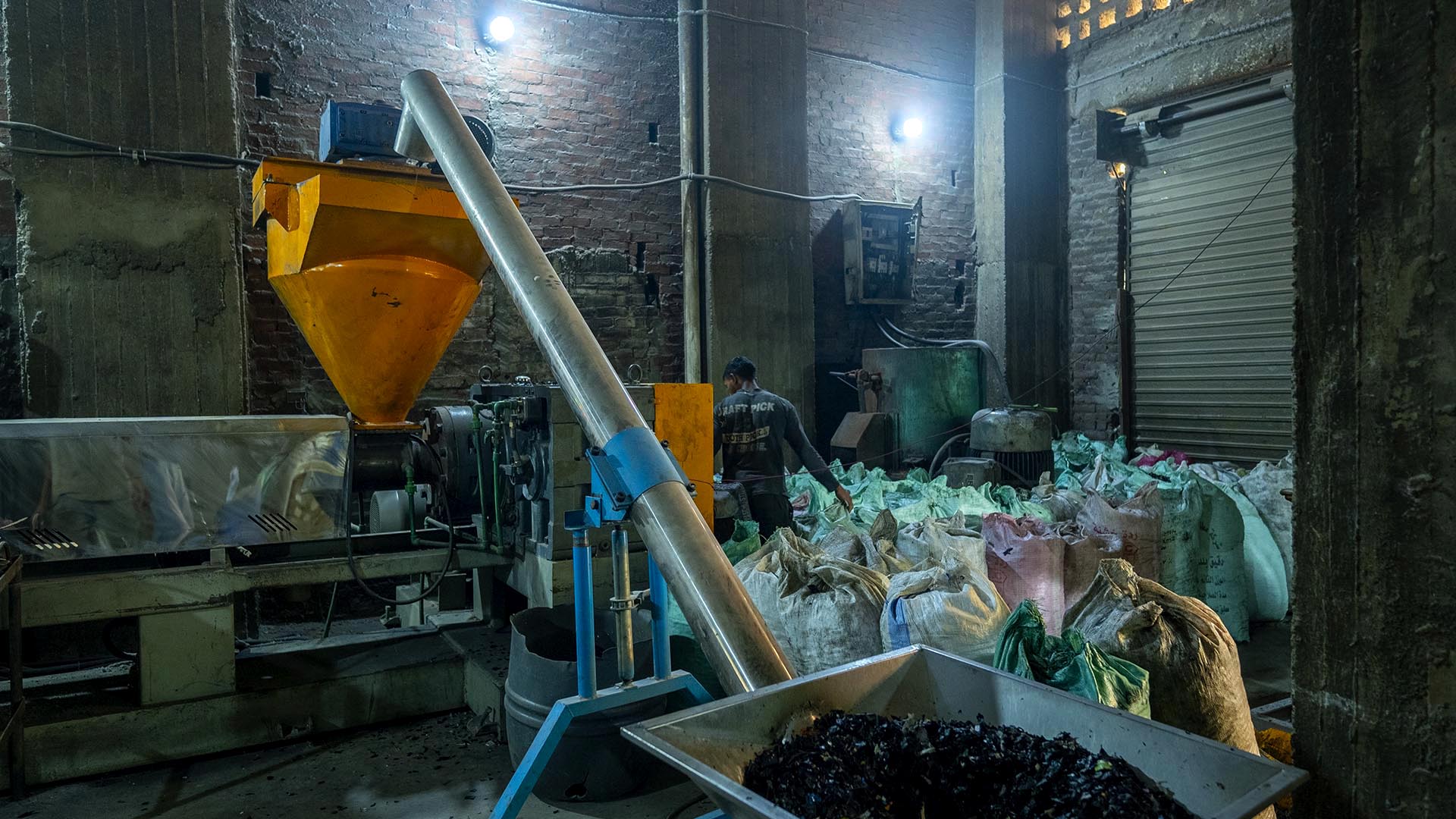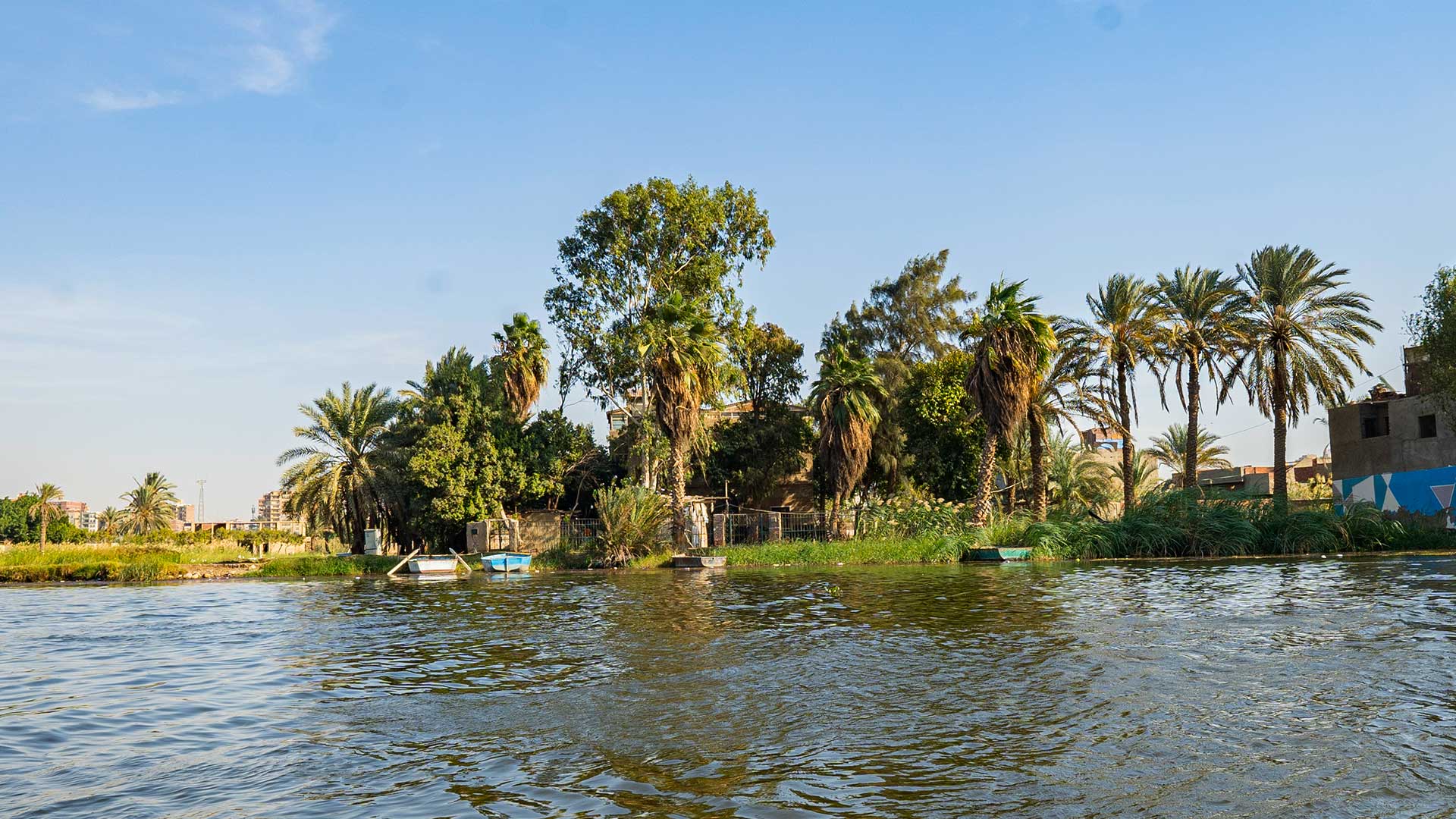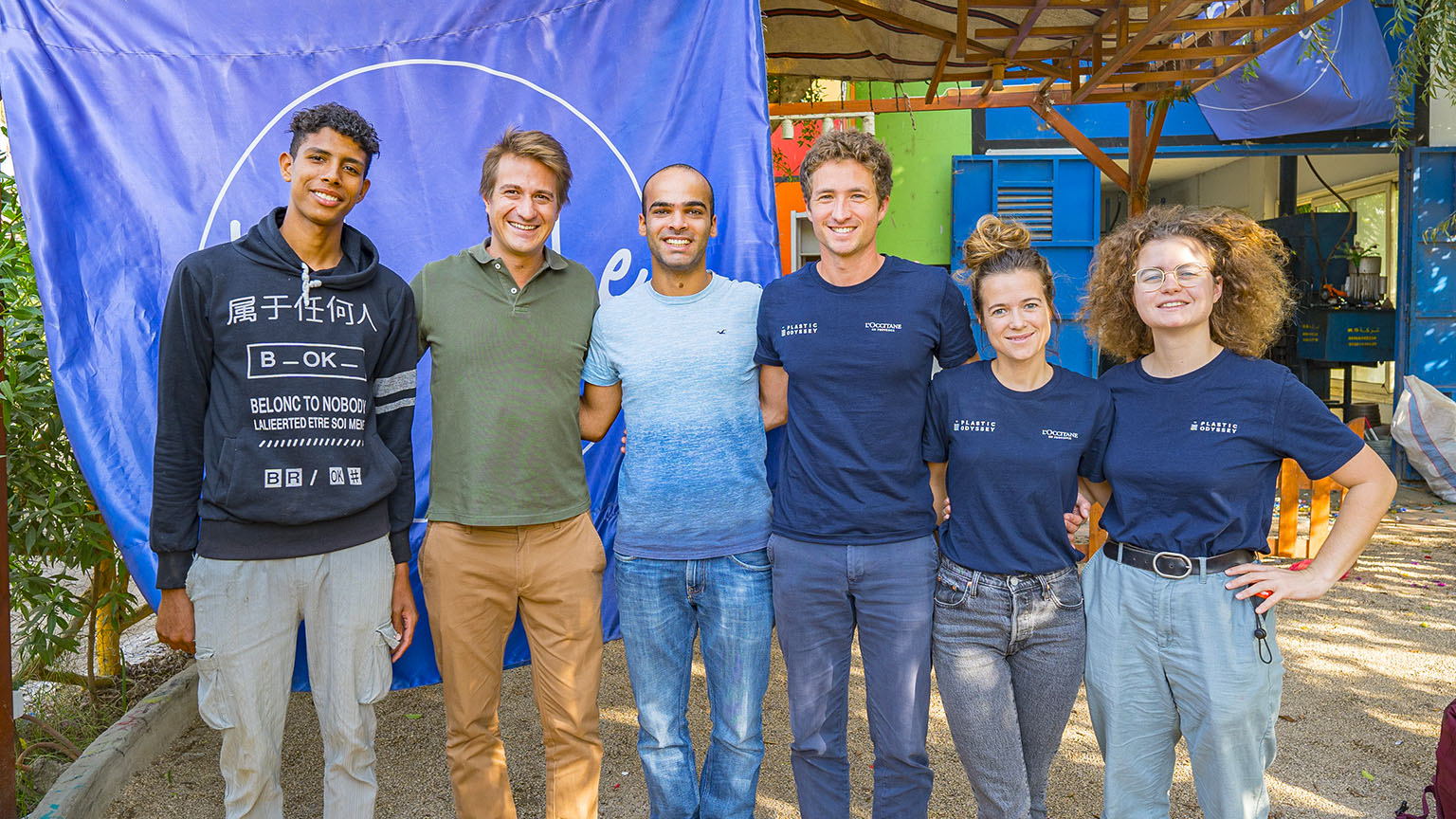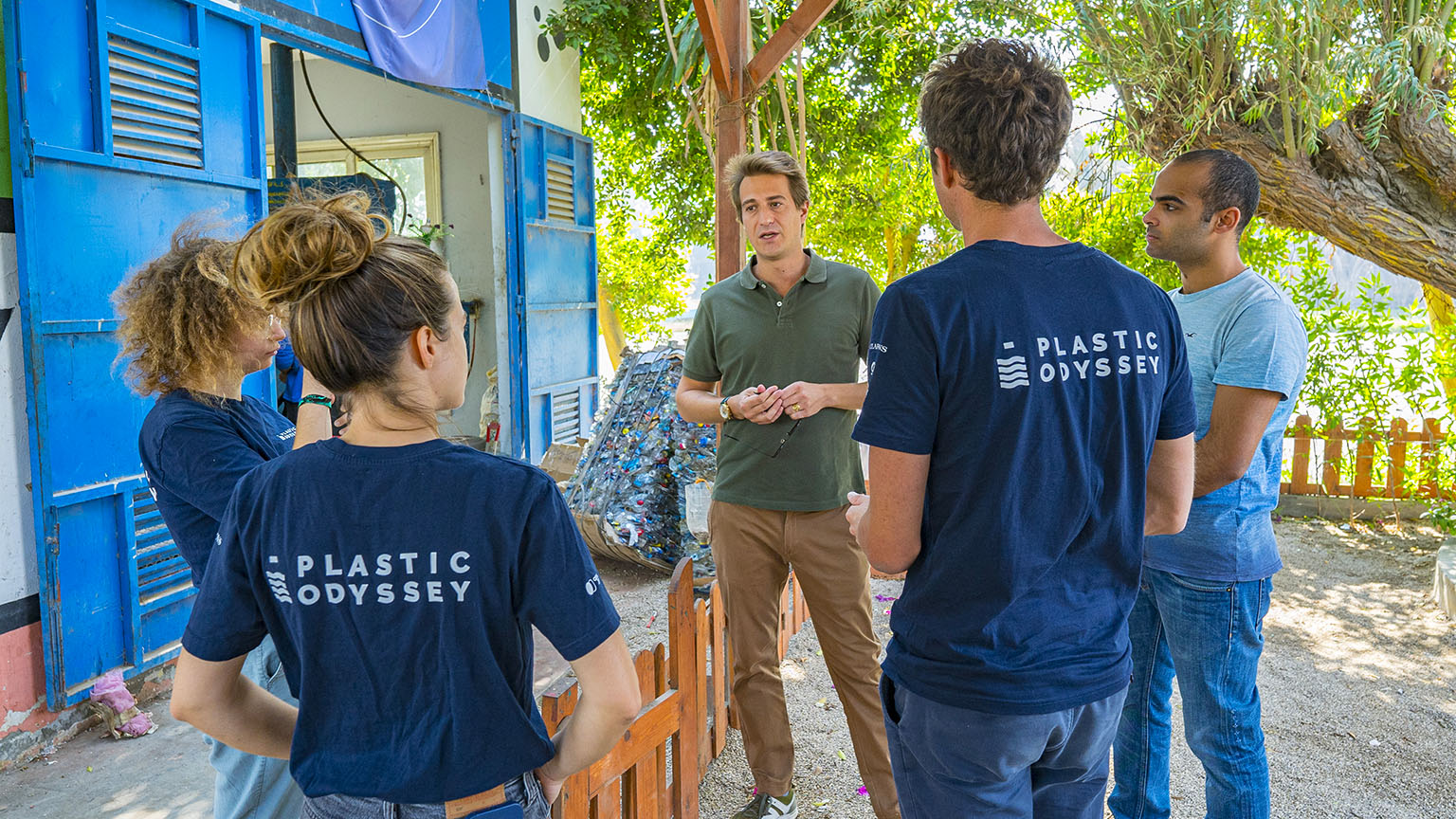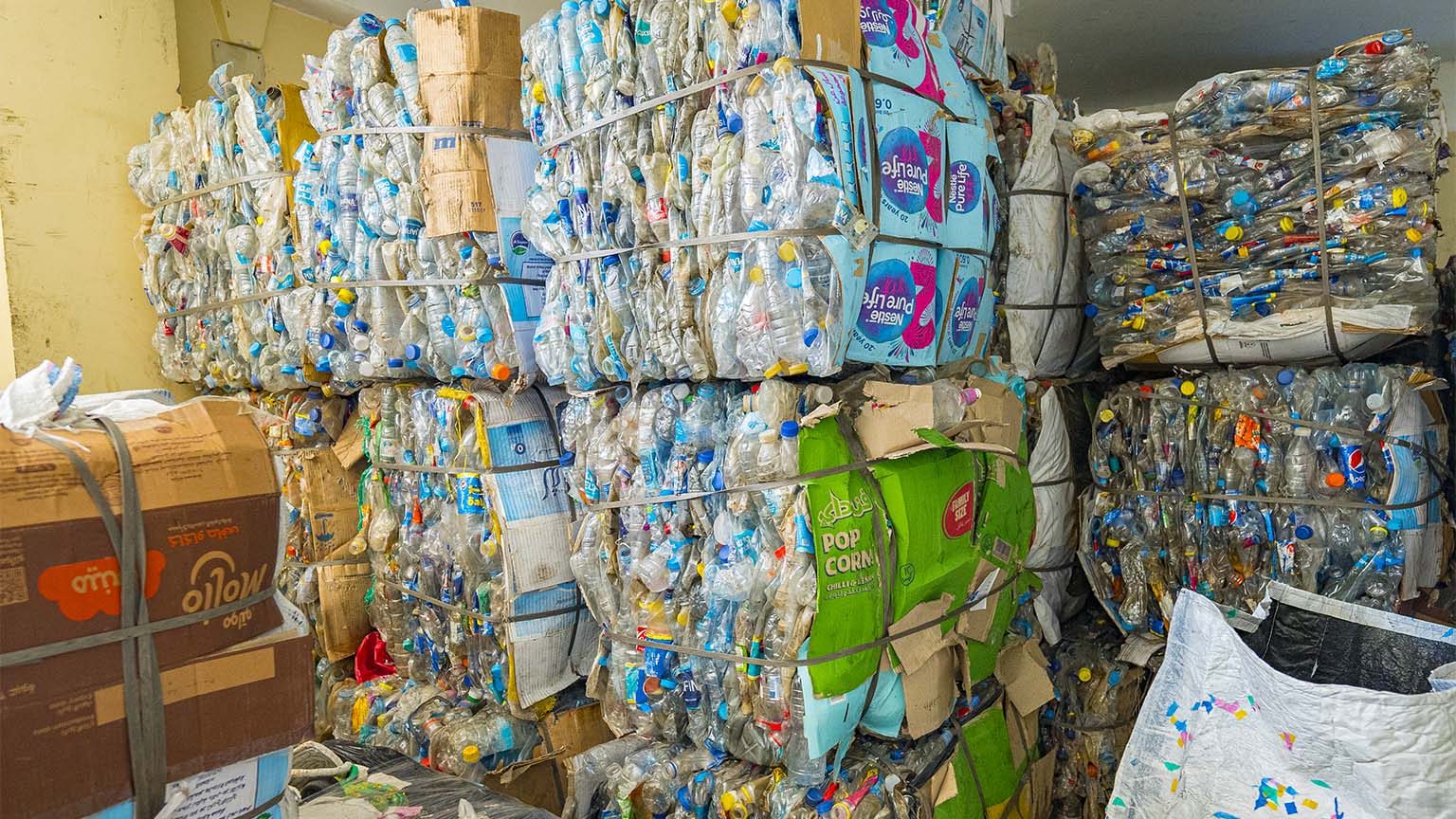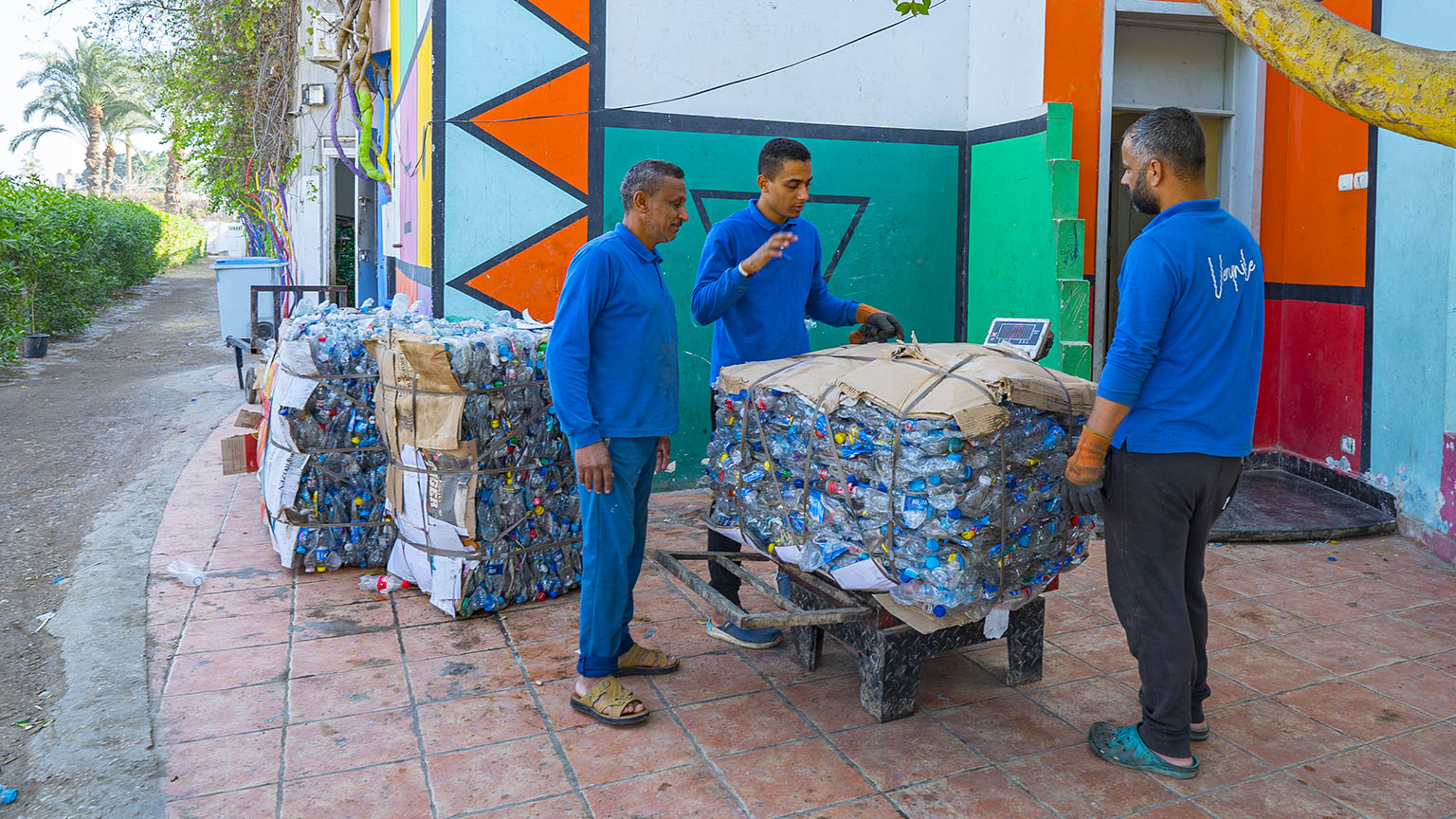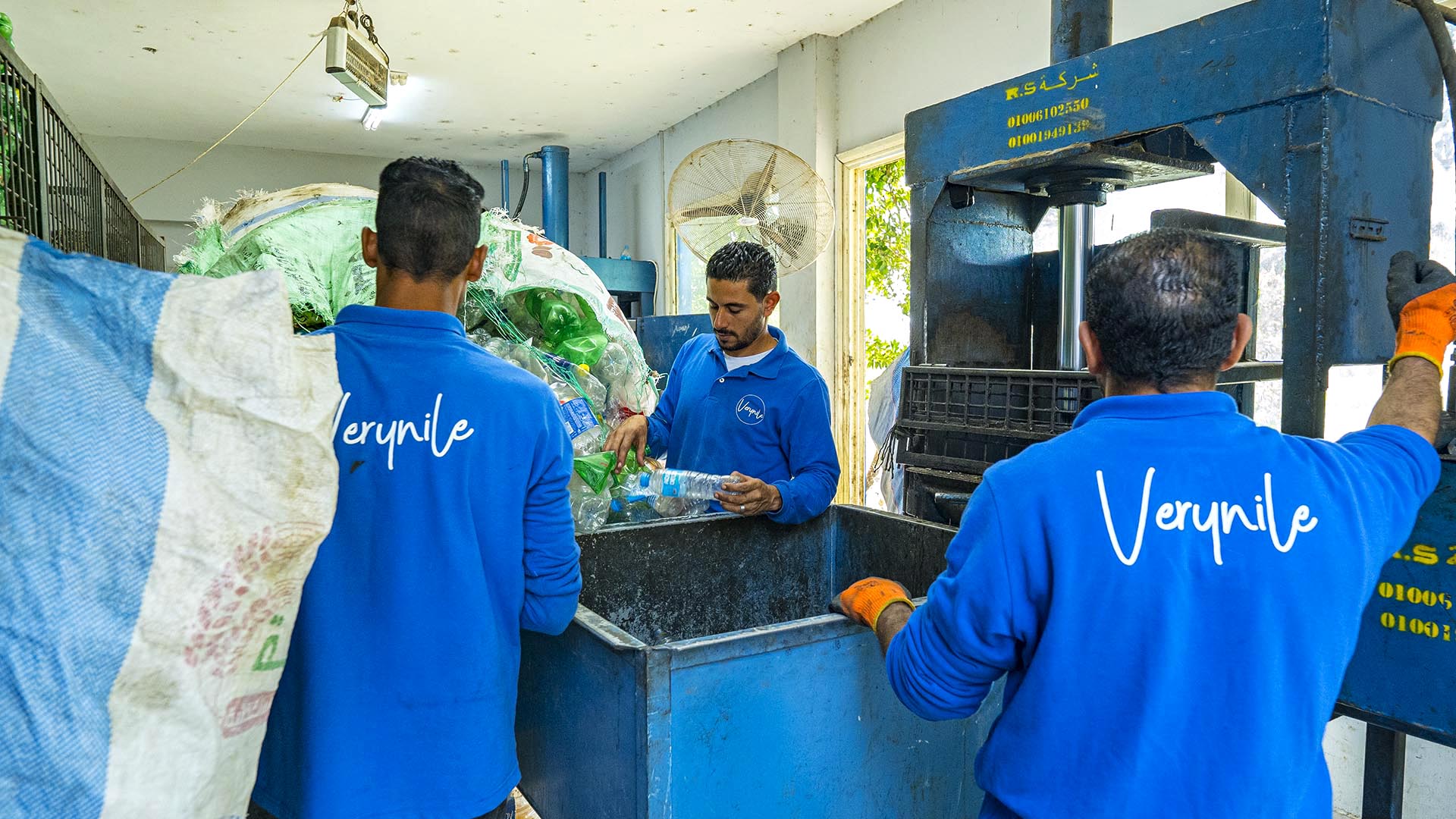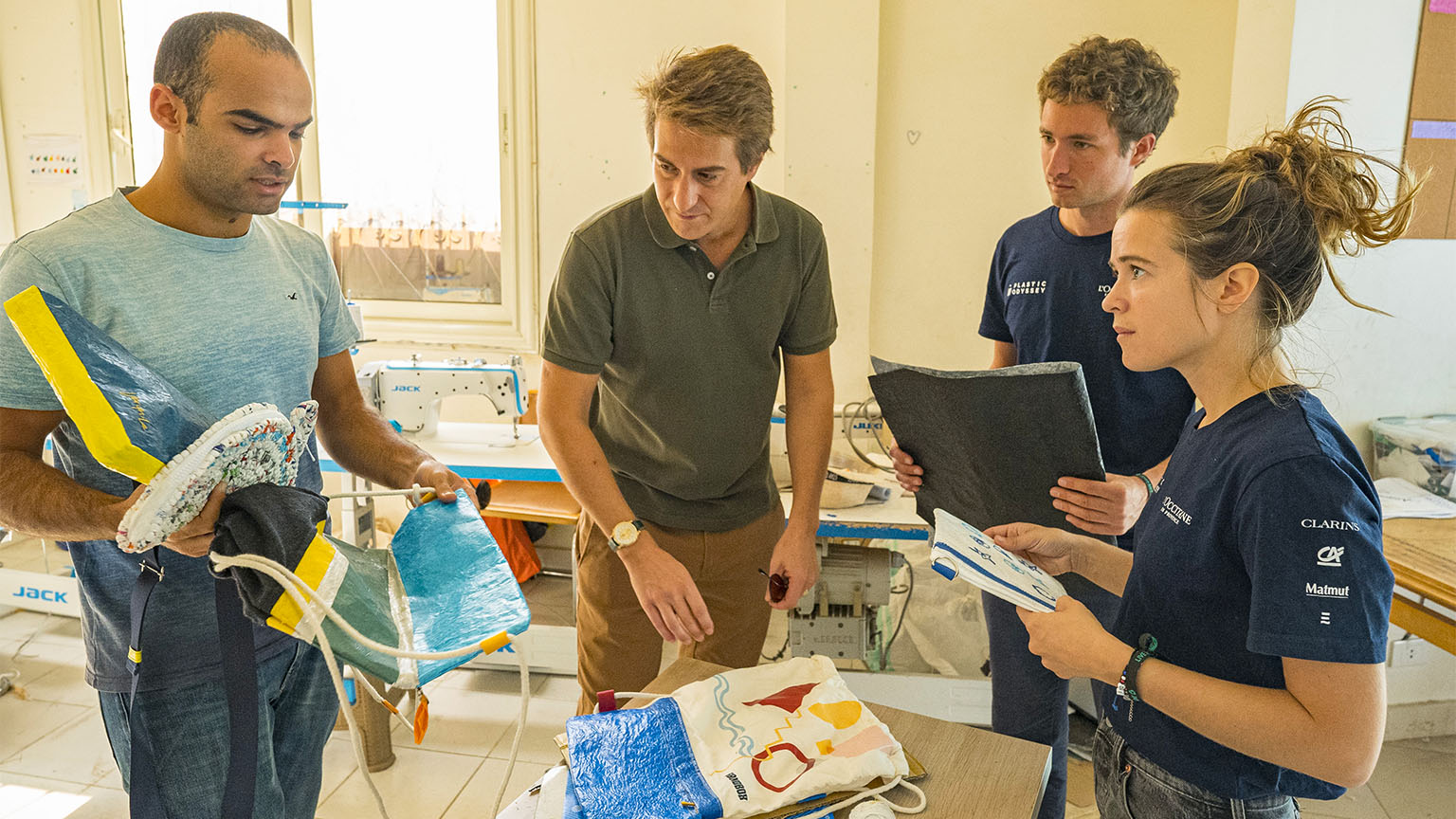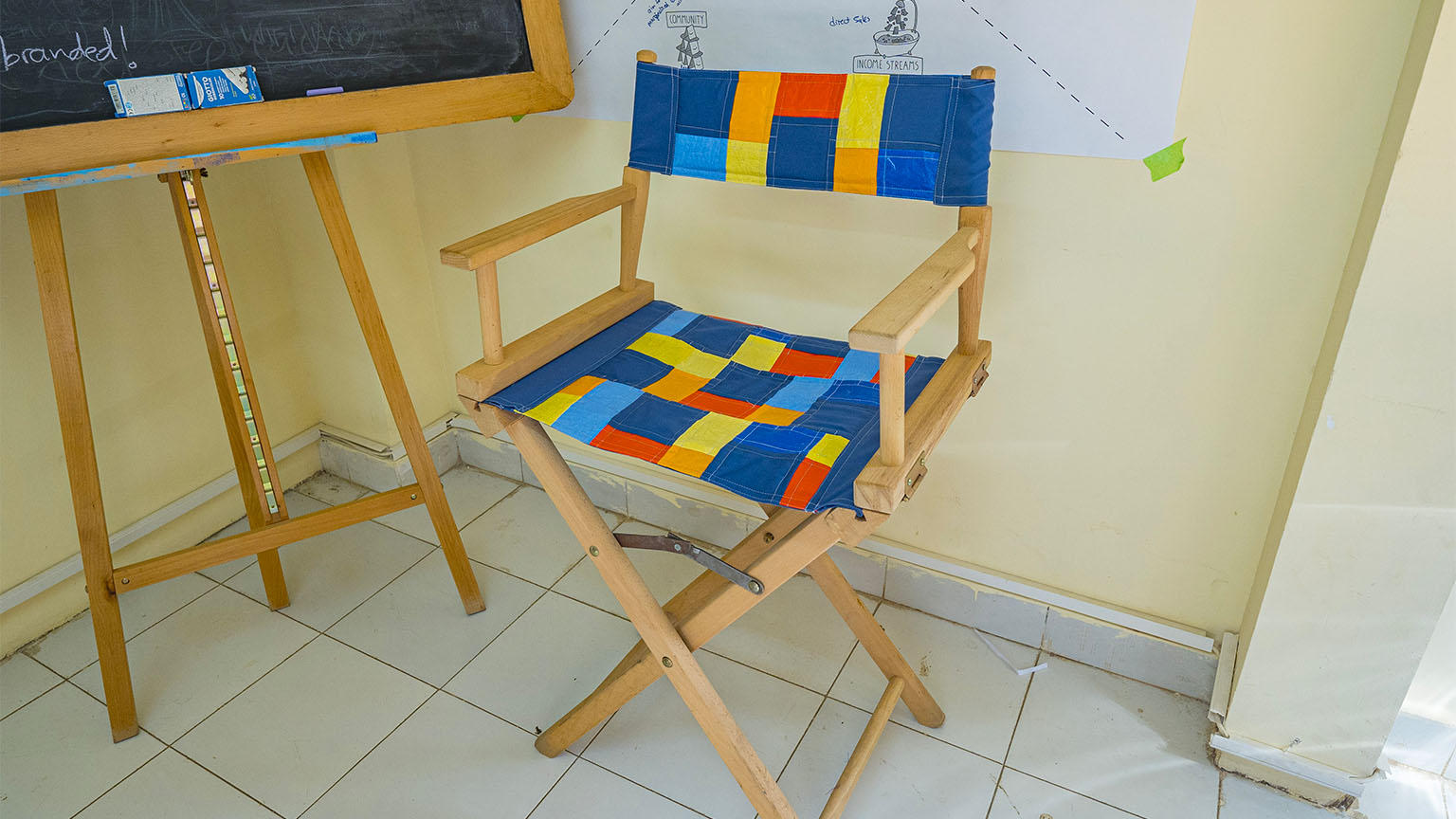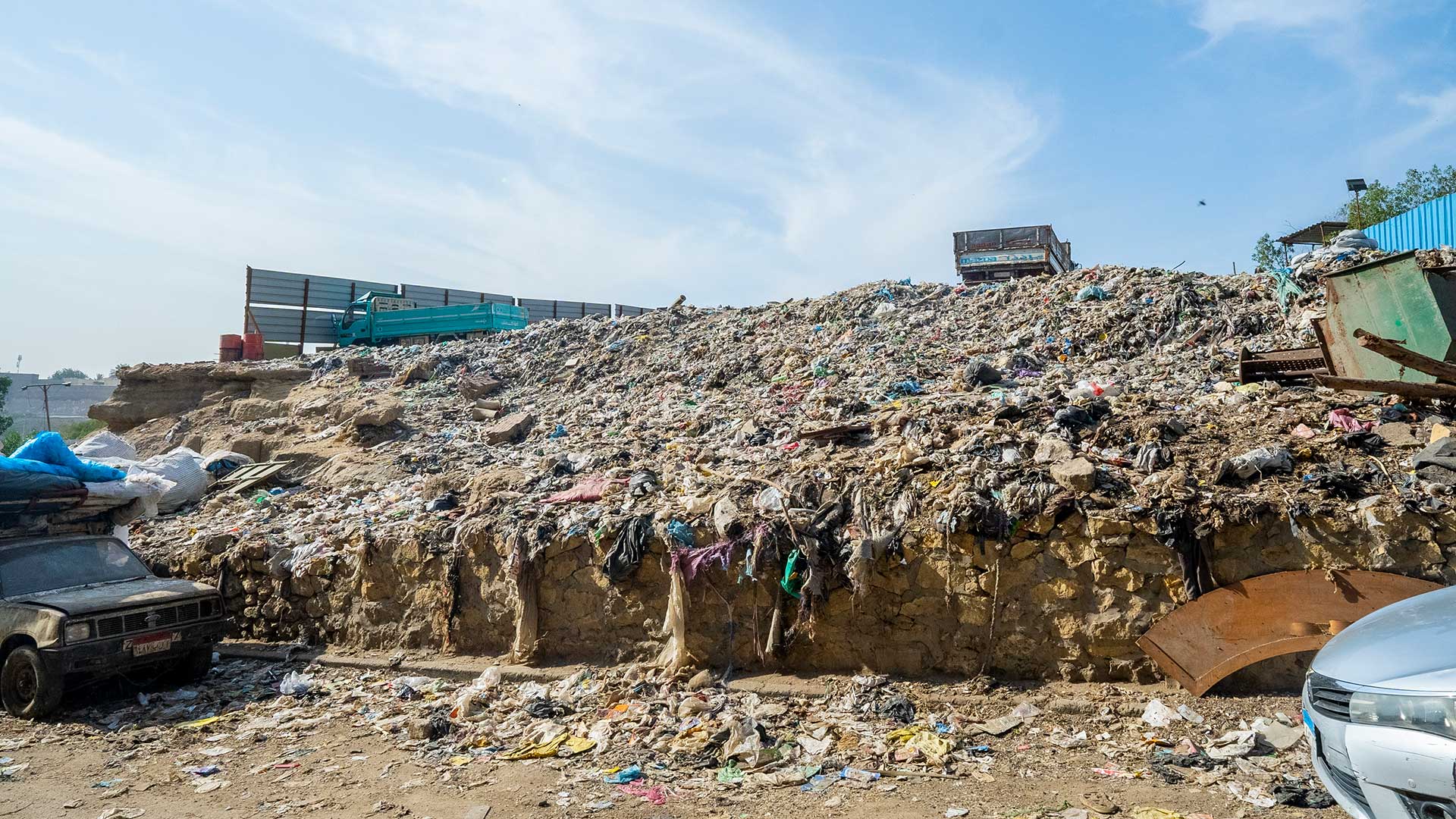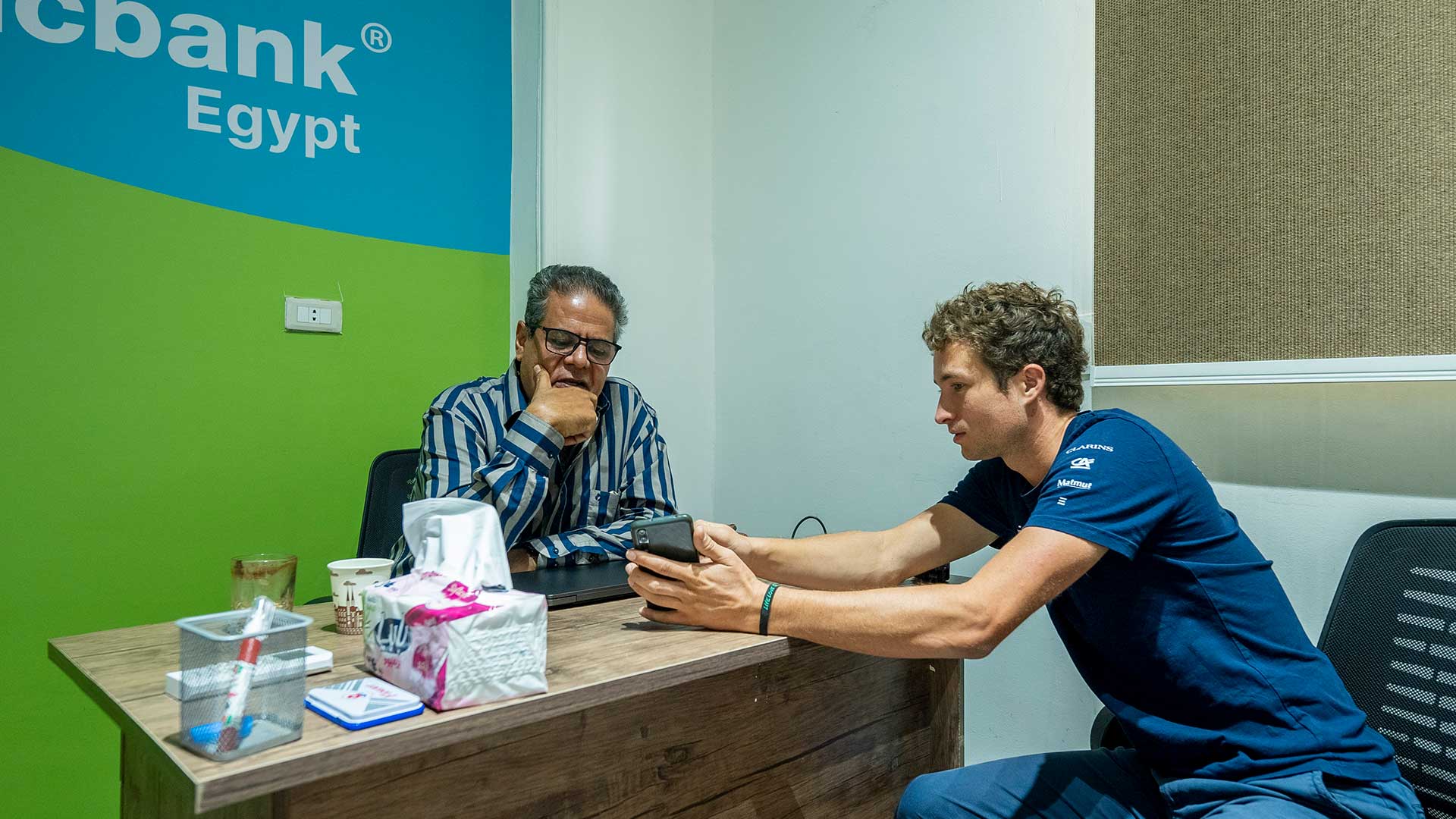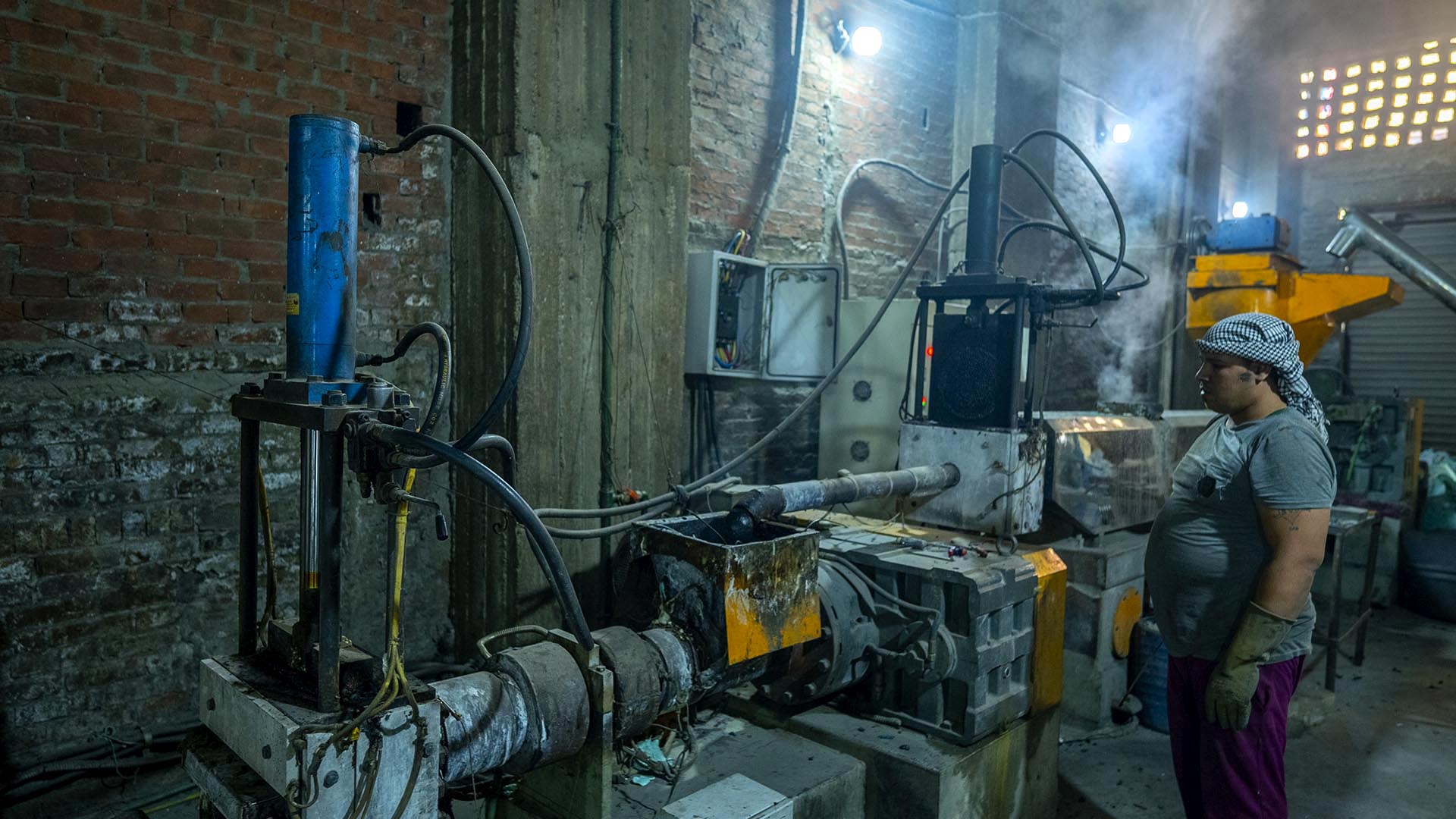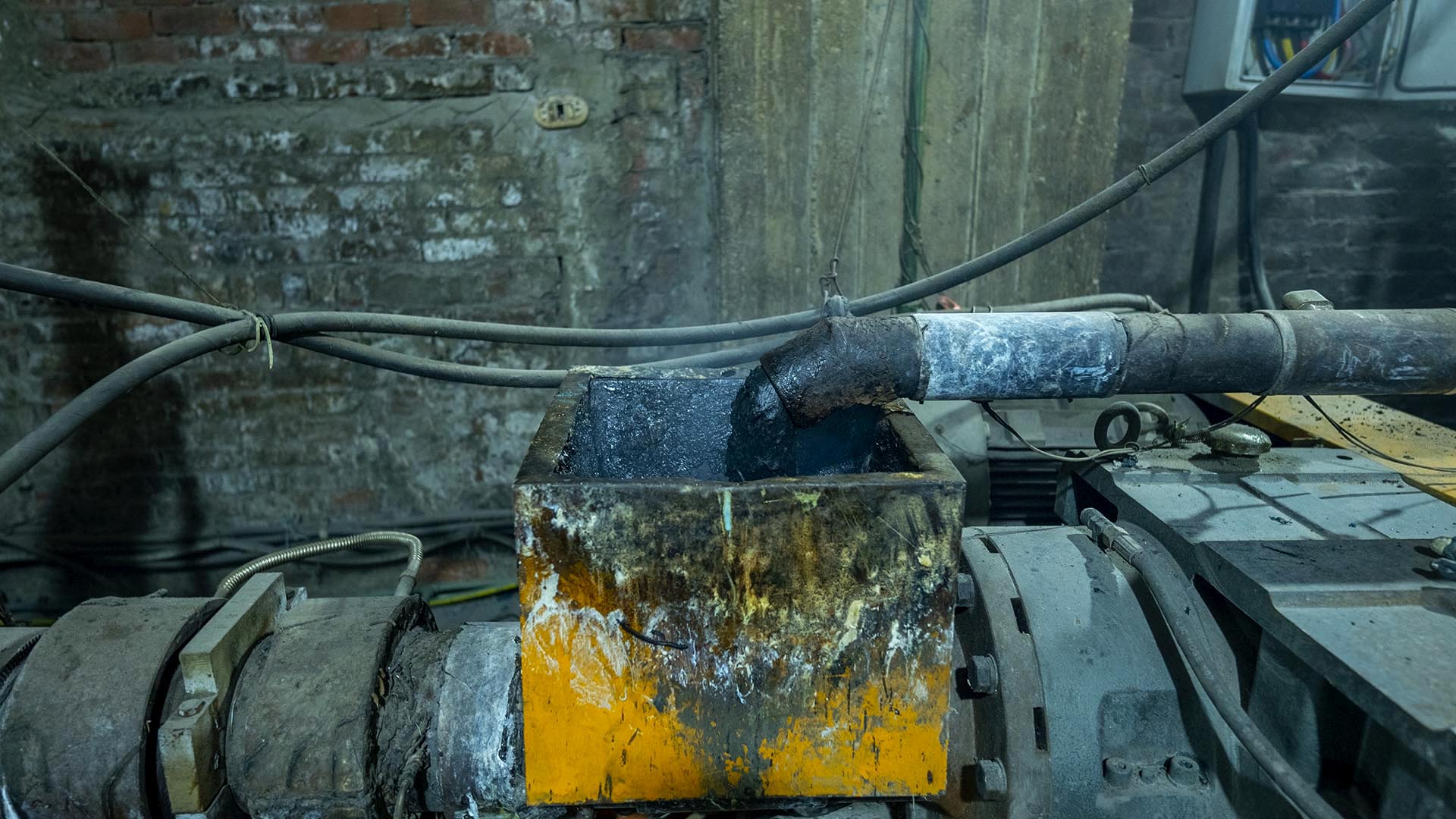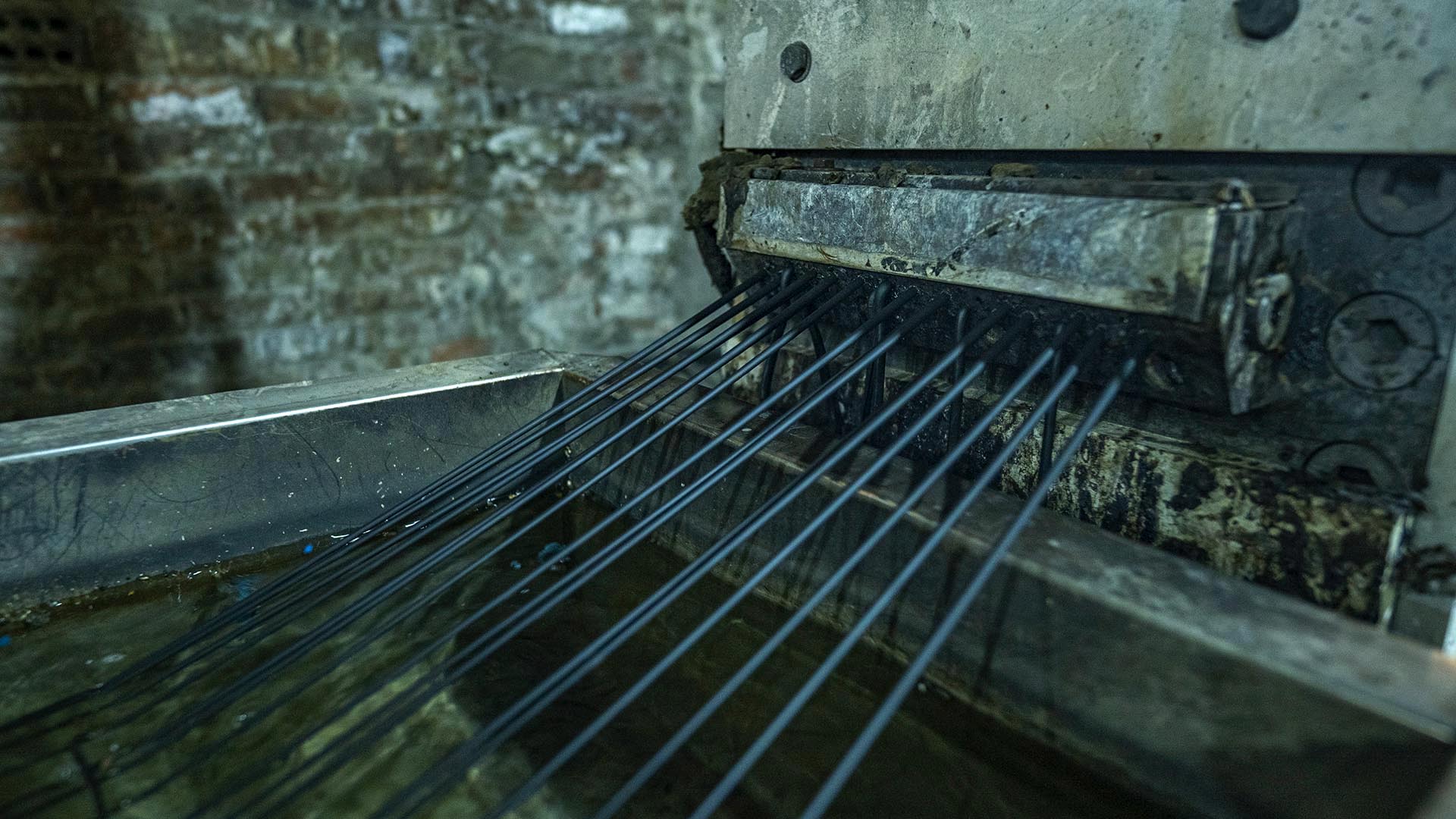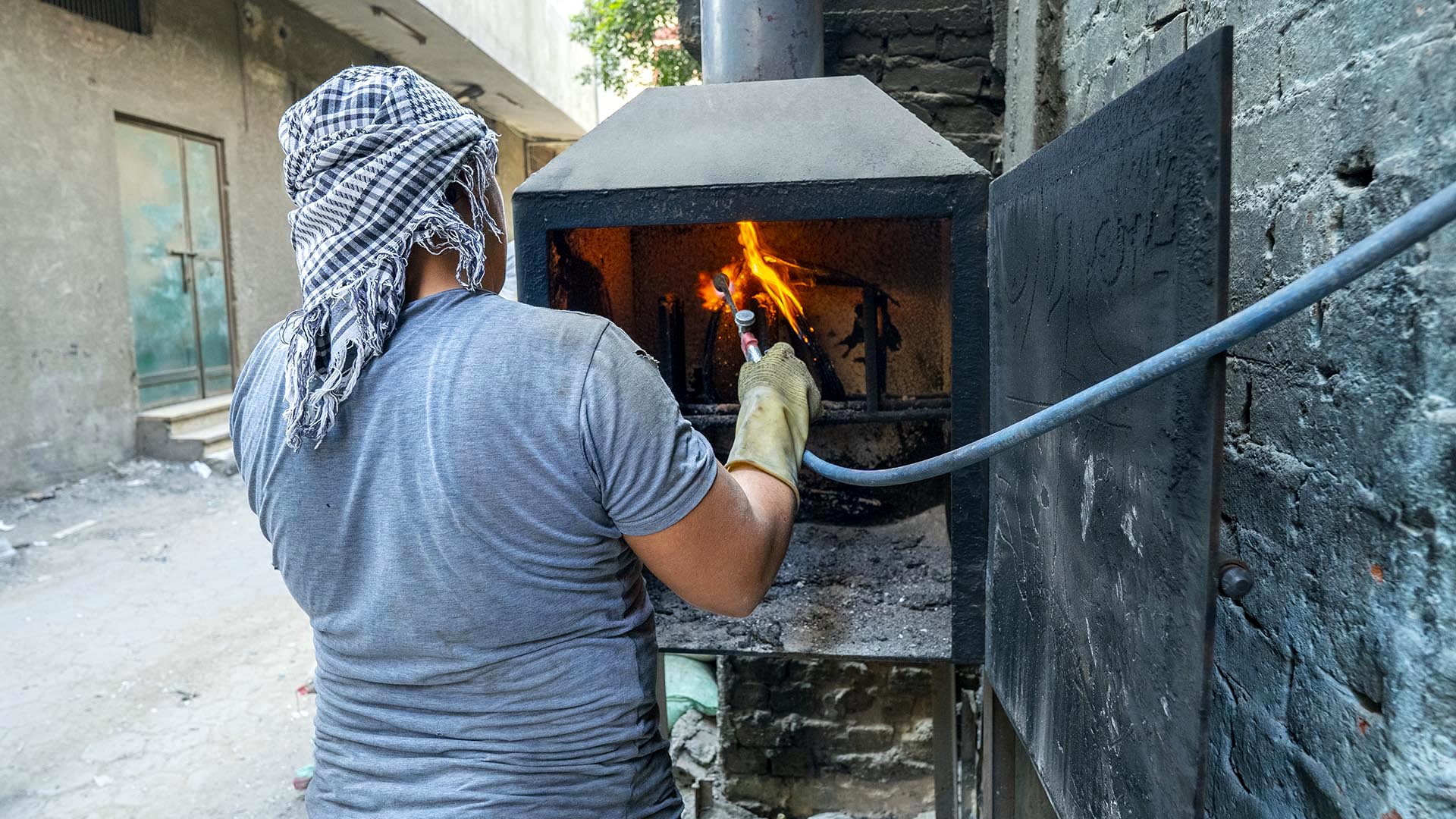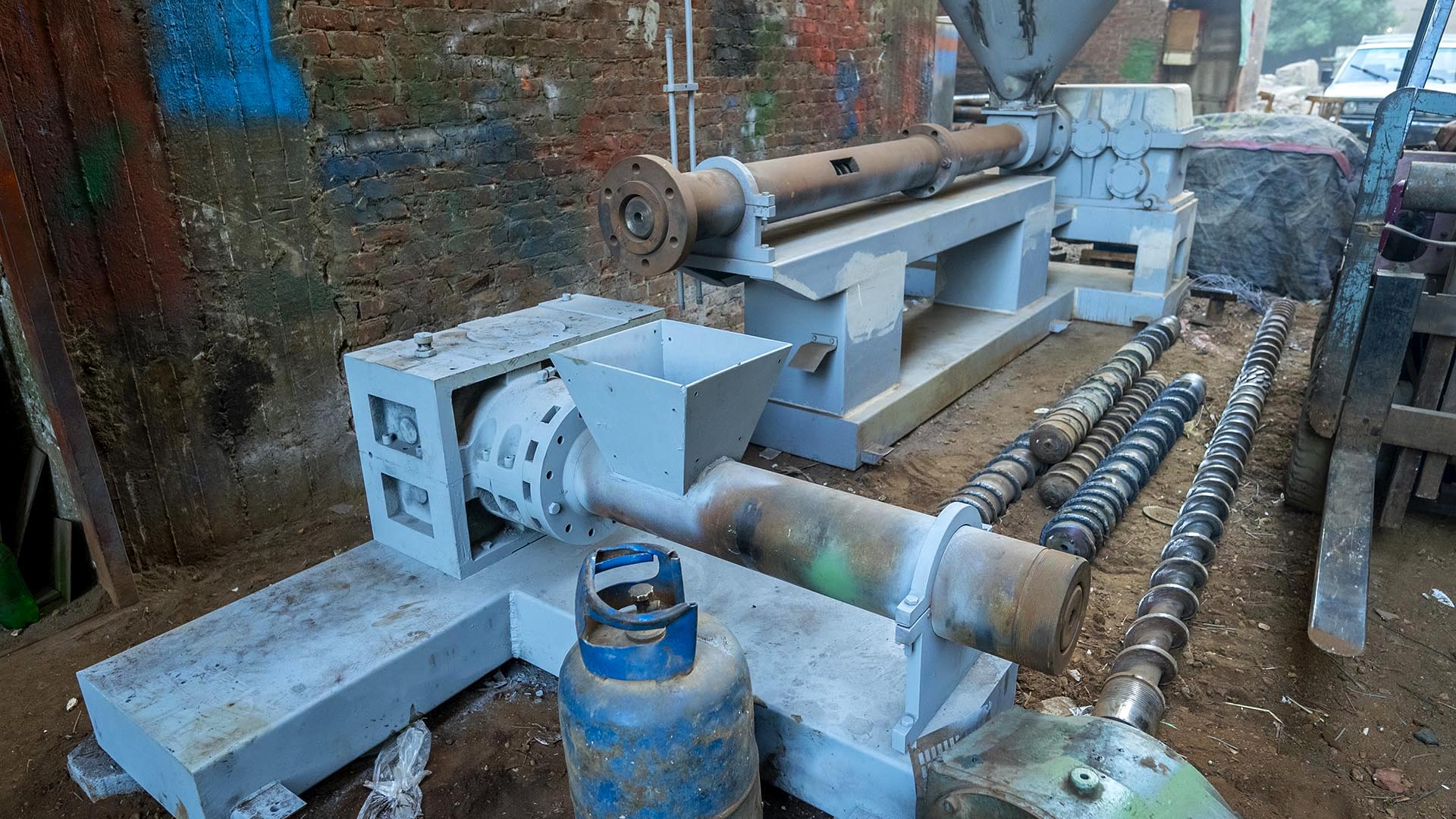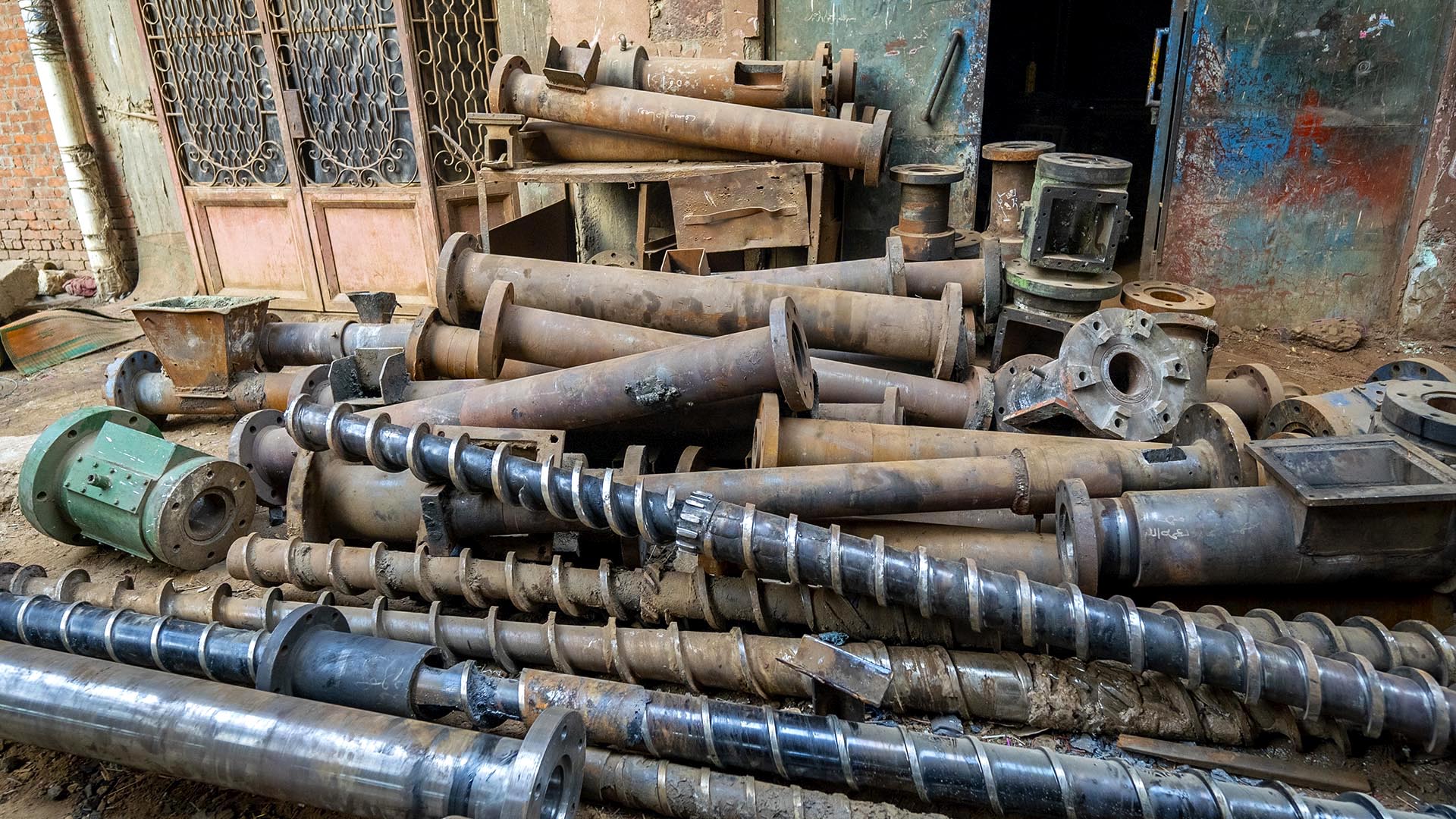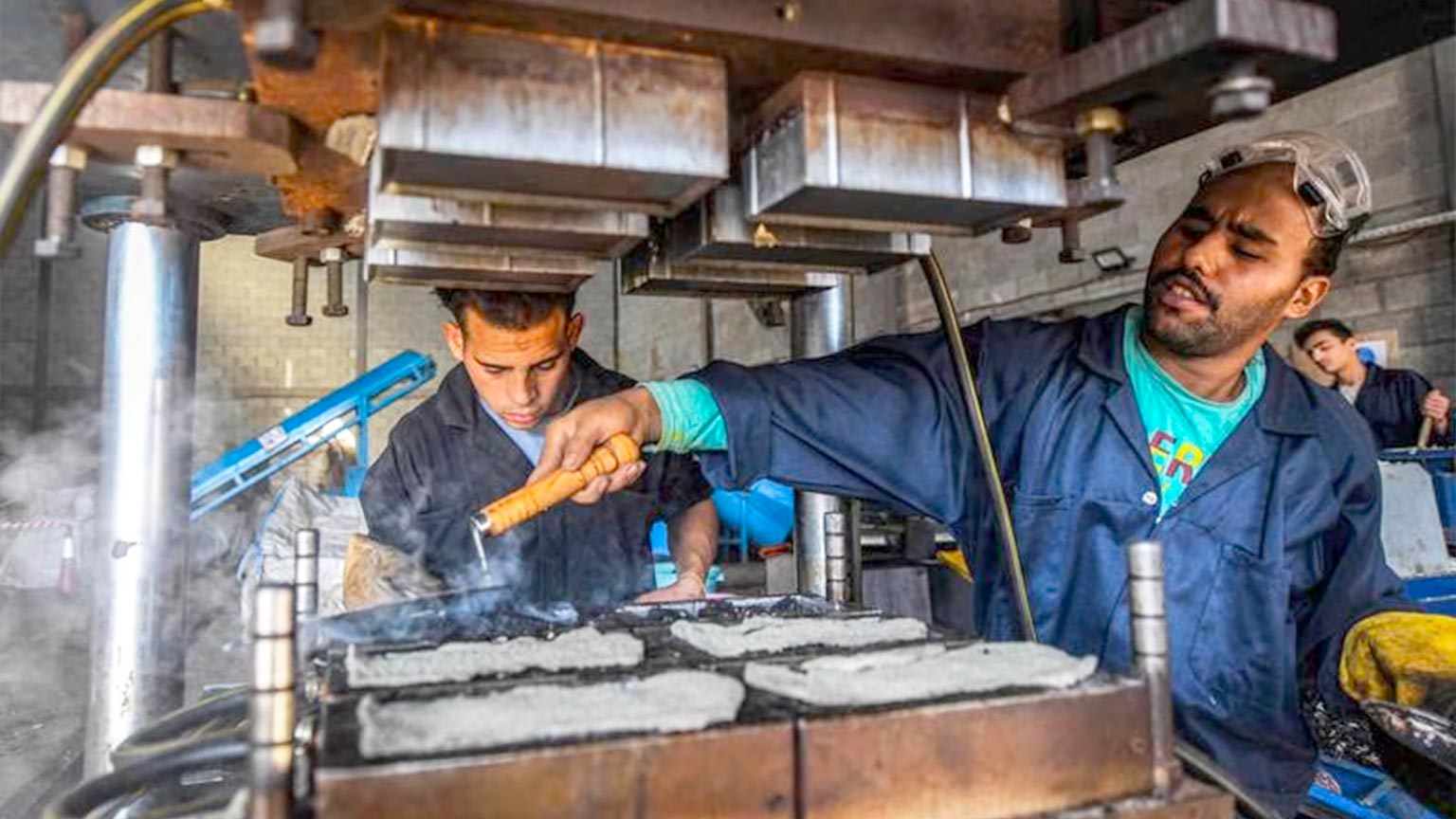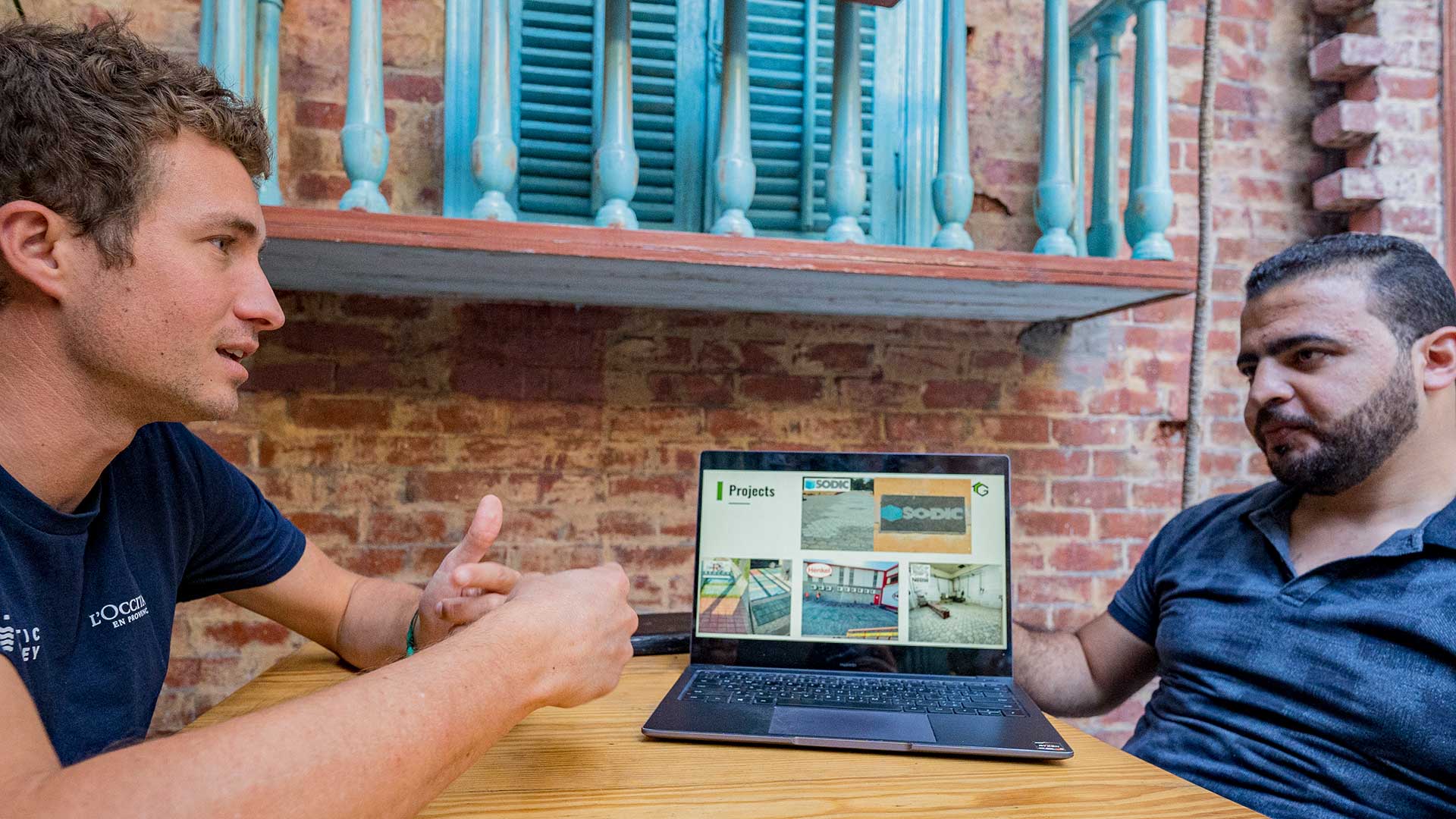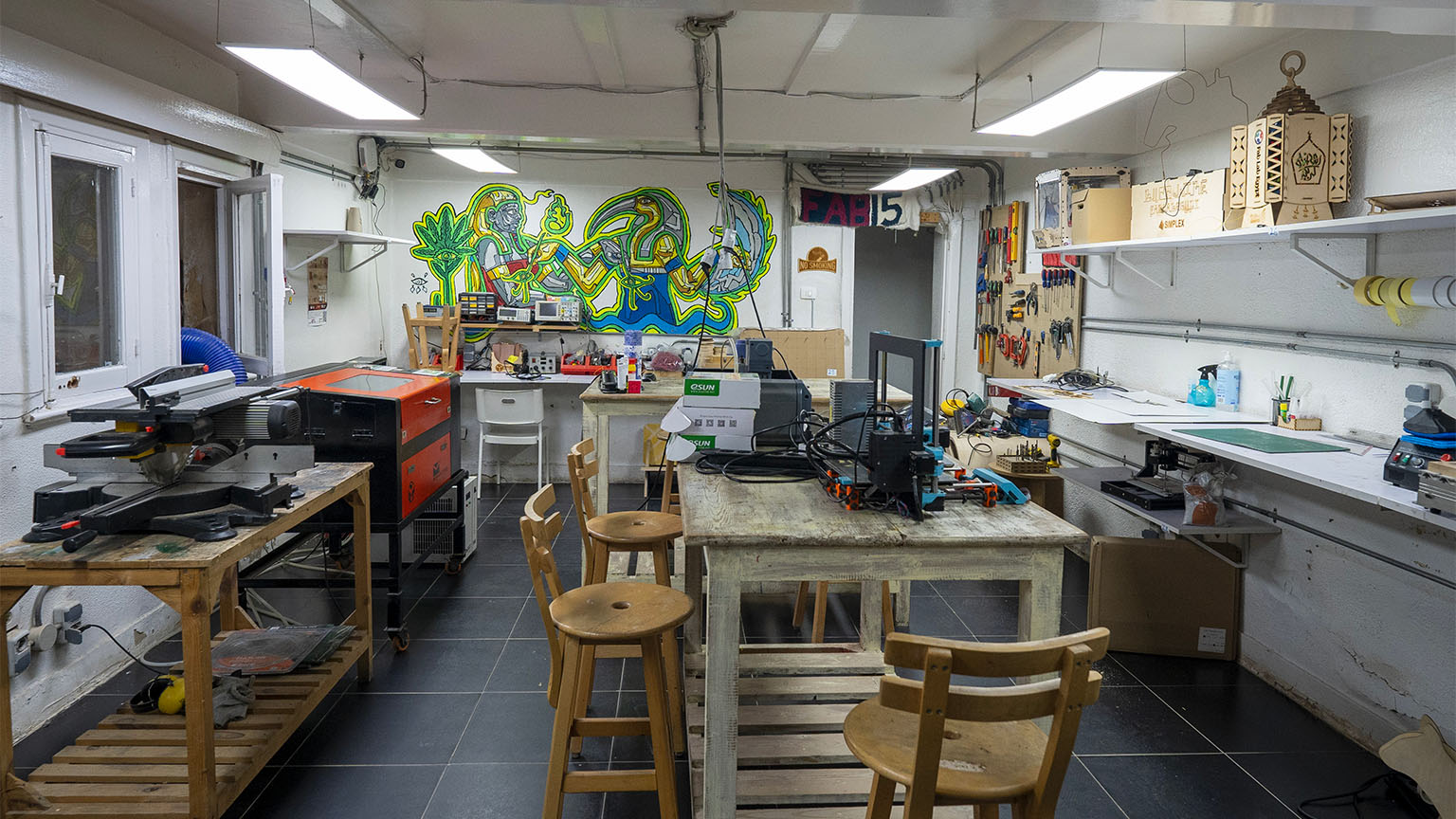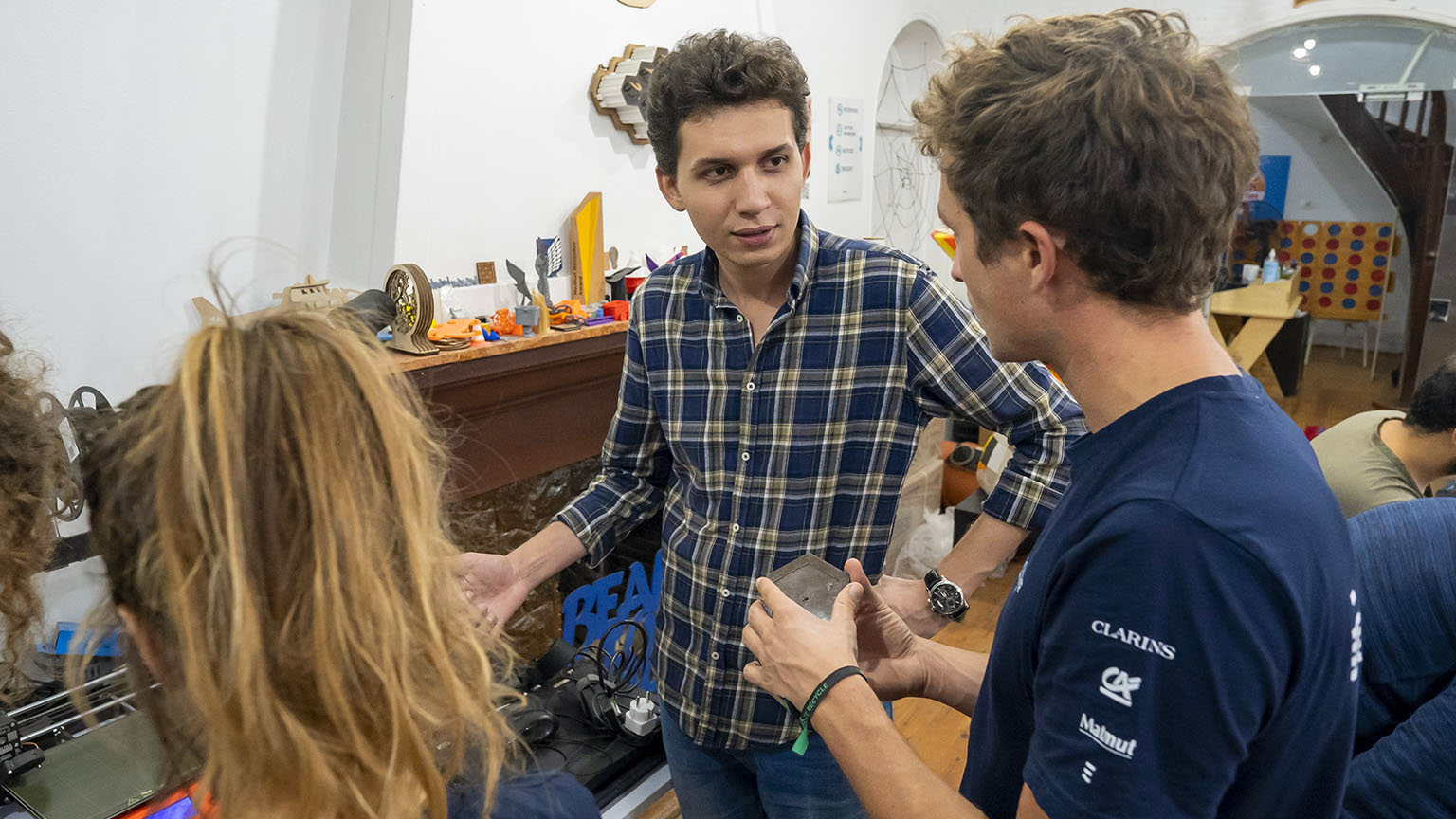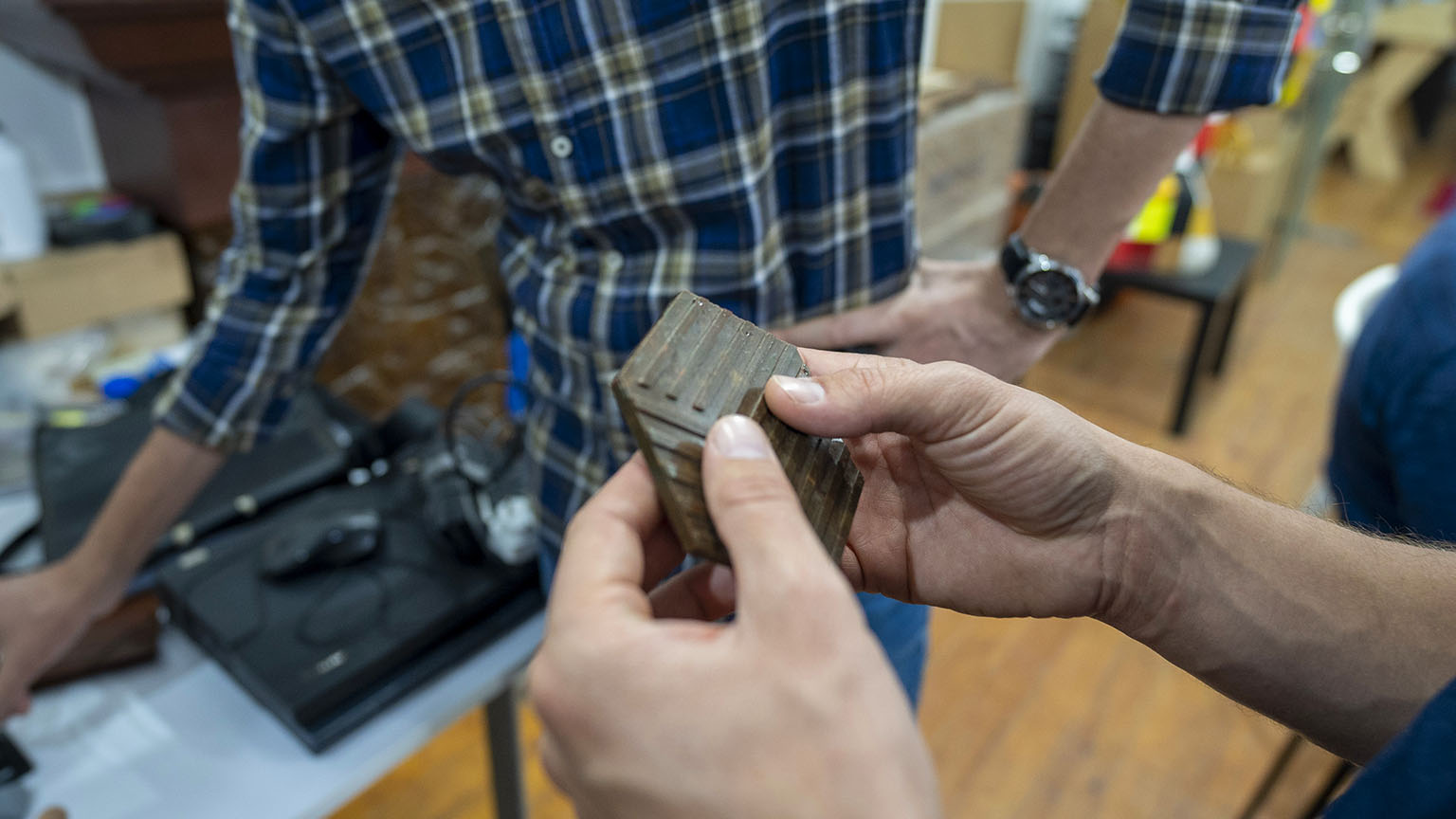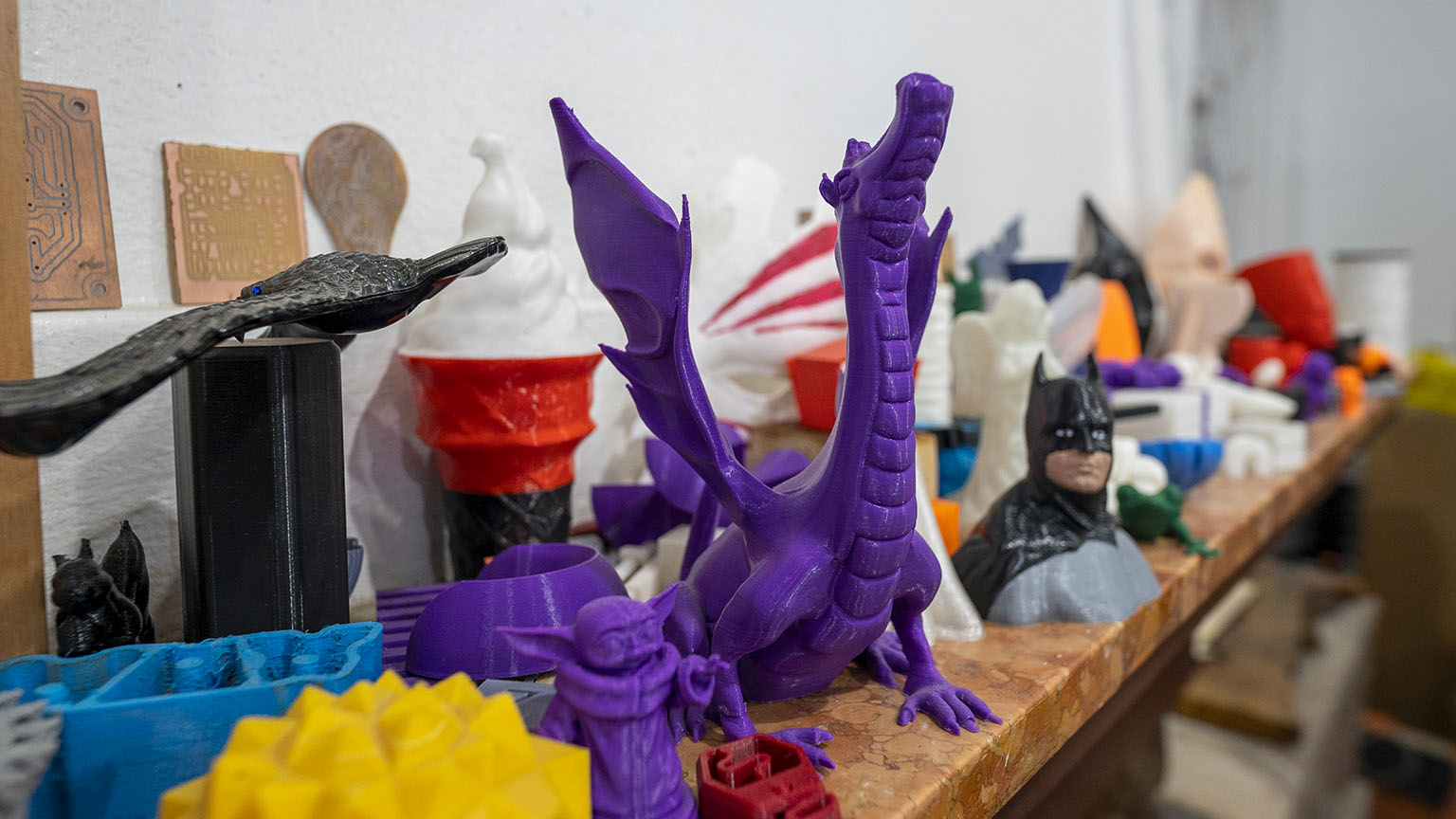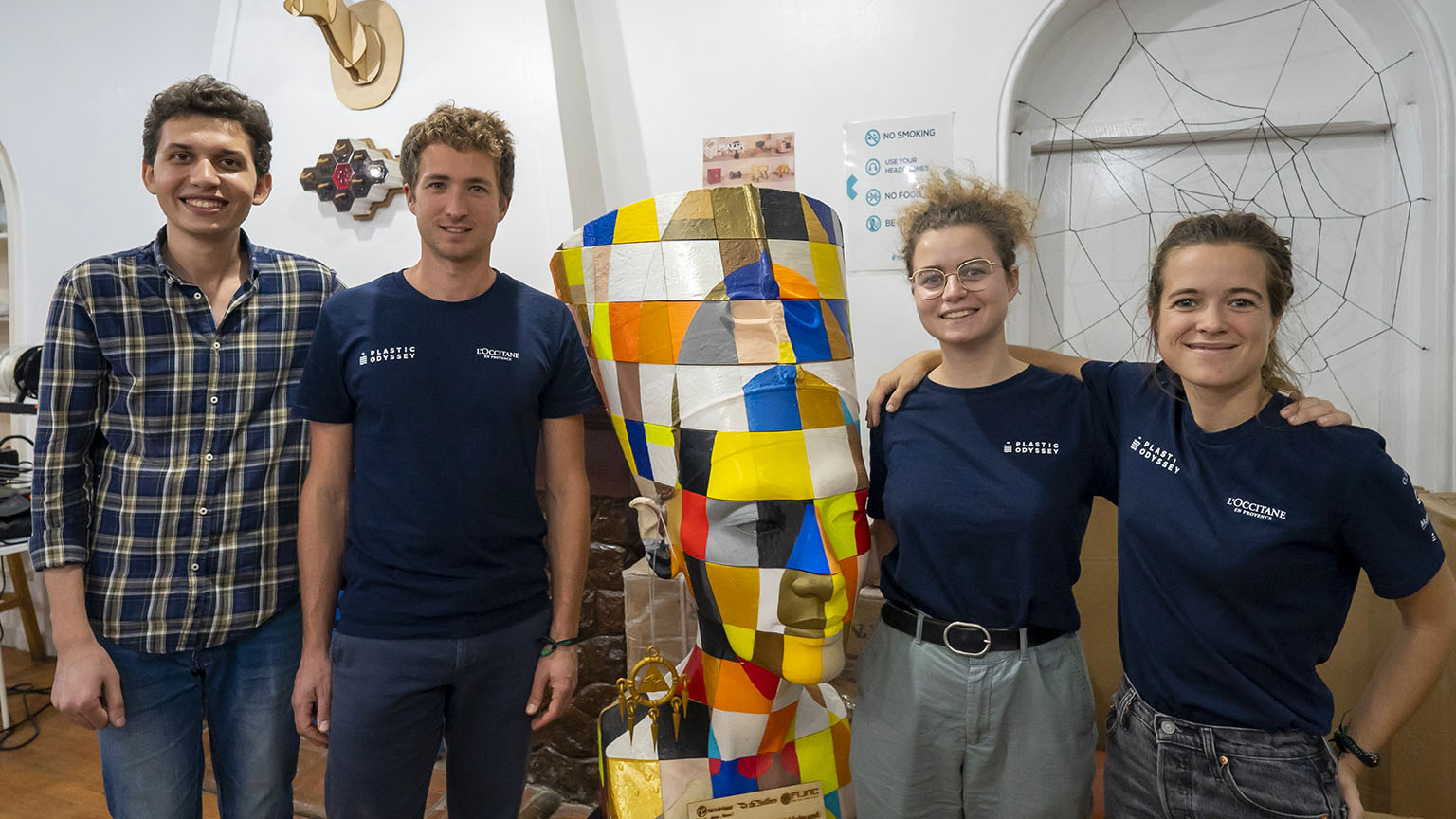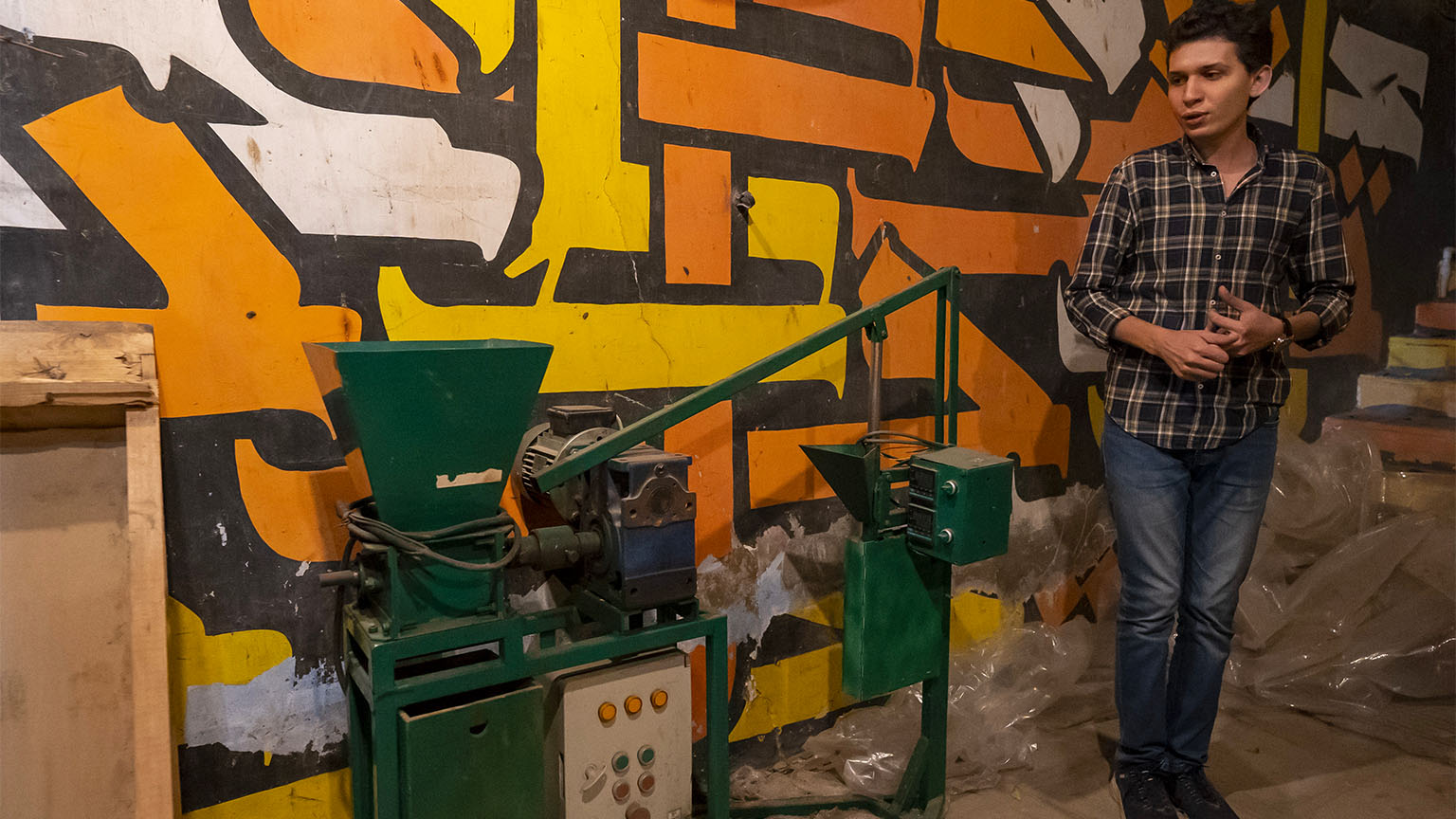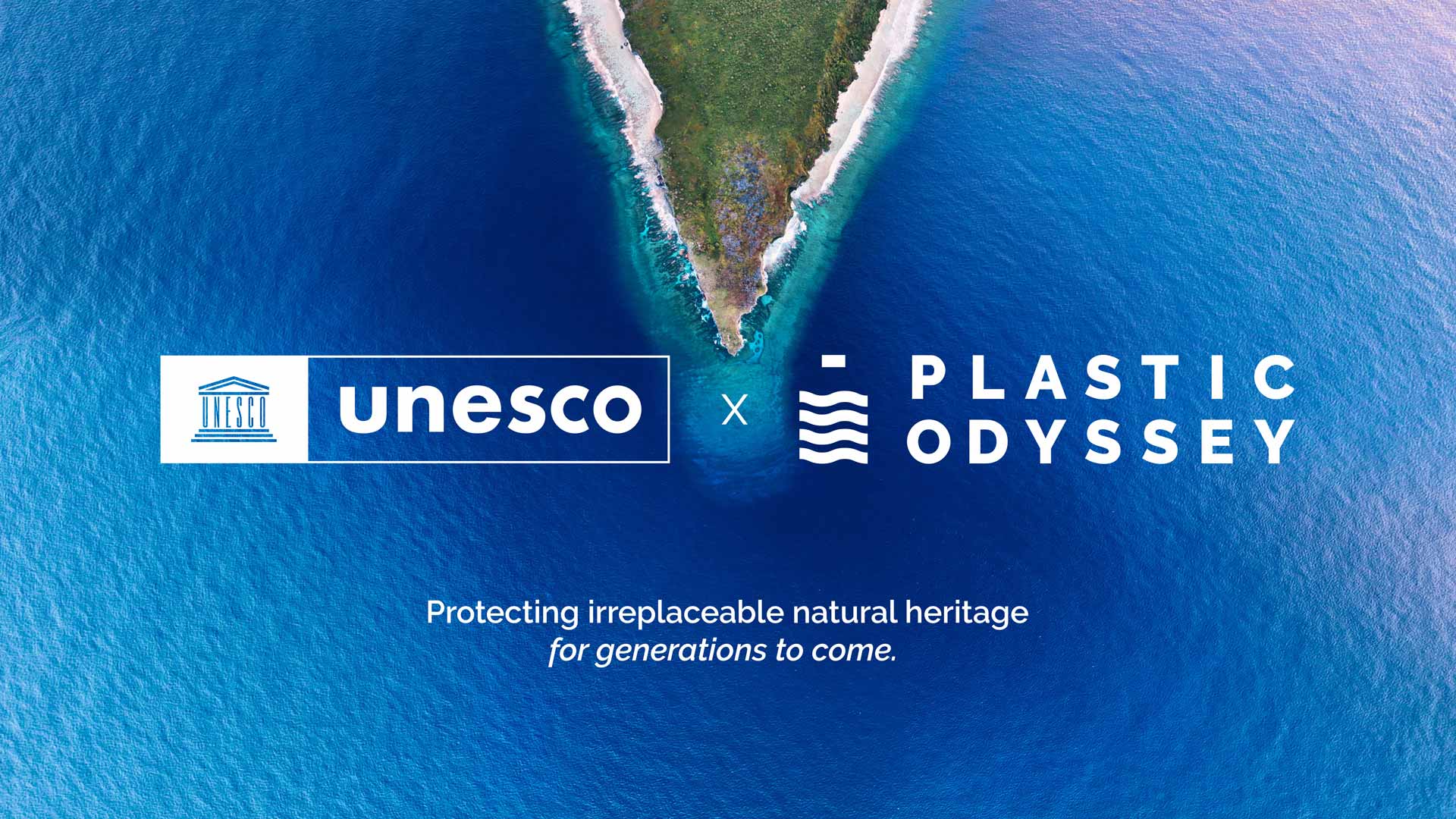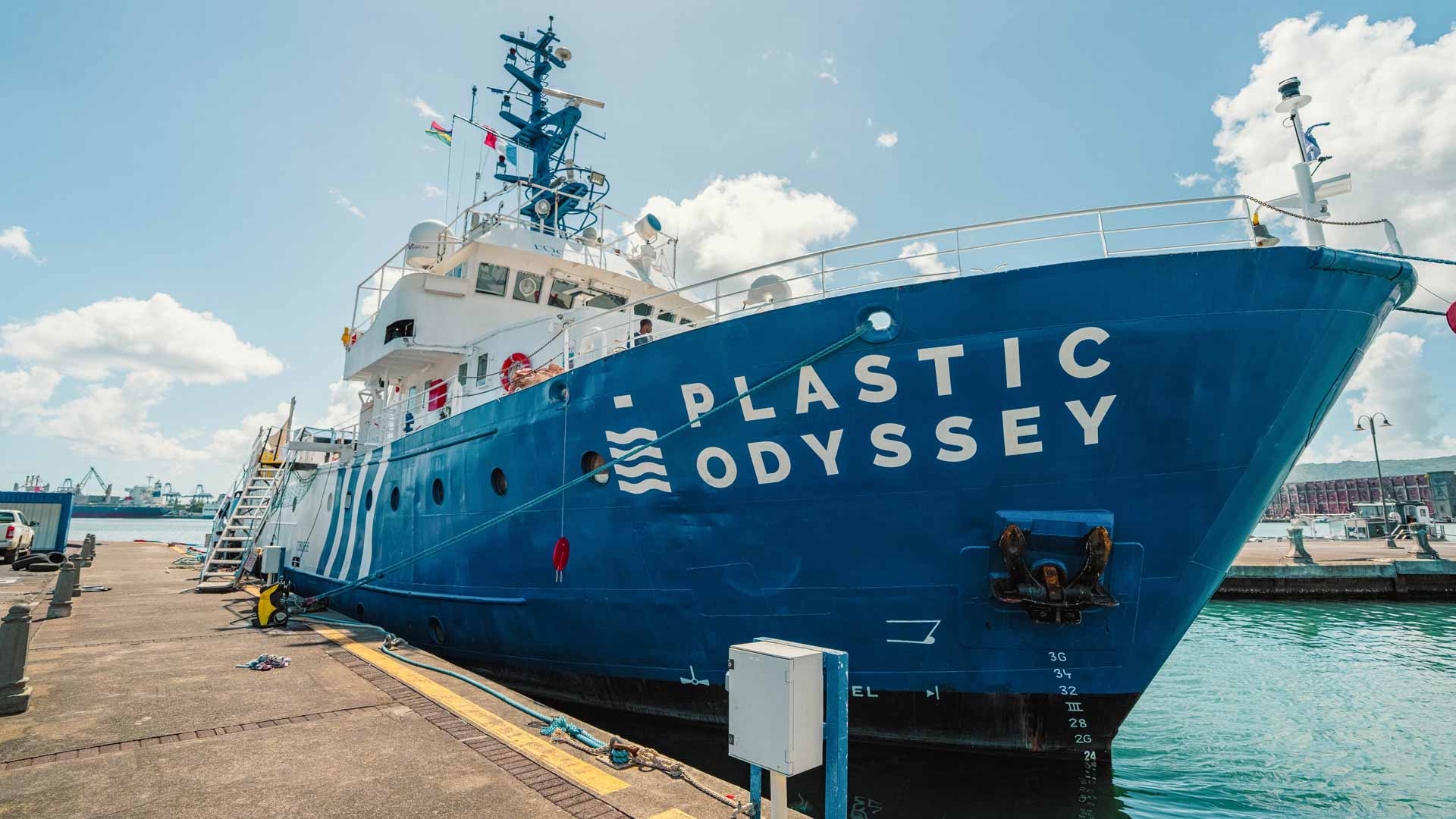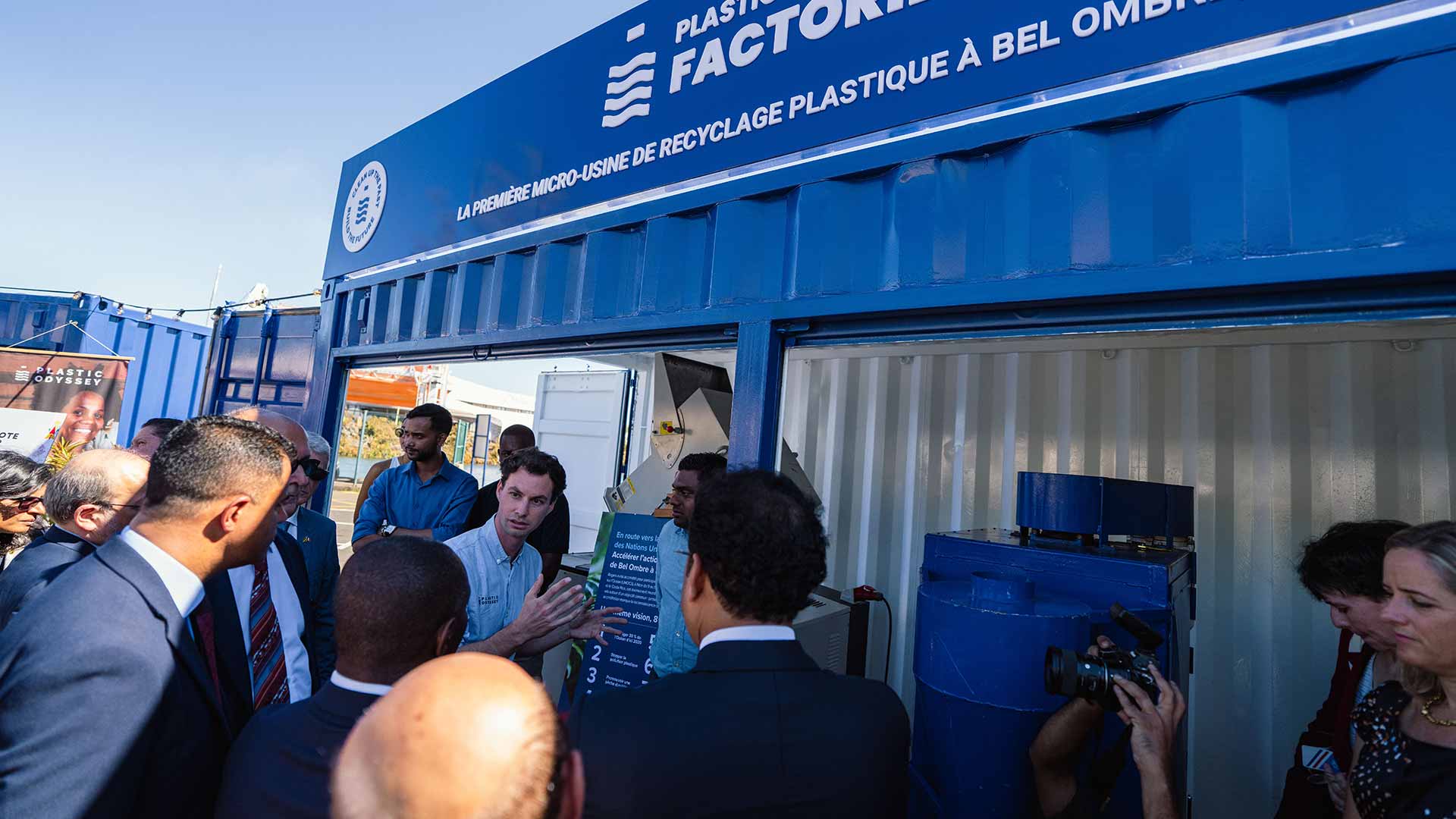A stopover at the Pharaonic galleys
Never again in Egypt! This is indeed the general feeling at the end of our 3 weeks of ordeal at the port of Alexandria. We had high expectations for this stopover but nothing went as planned. All our actions were hindered or even blocked by local and port authorities. No journalist was able to visit us. We failed to bring children on board, or to get the Treasure Trunks off the vessel.
But despite all these difficulties, we discovered some great initiatives by exploring Cairo. Here are some of them:
VeryNile, clearing the Nile of plastic waste
Activity: collection and transformation of PET bottles
The VeryNile association is located on an island in the heart of Cairo, on the Nile. They have small premises and to get there, they make us cross the river arm by boat. This is probably one of the shortest cruises in the world. The association works with local fishermen to collect PET bottles. This initiative allows fishermen to earn a better living than when they fish for fish. The association collects about 10 tons of plastic each month, mainly PET bottles but also various plastic waste.
Currently, VeryNile bales the bottles and resells the rest of the plastic for incineration in cement plants. However, they have also started making bags, computer pouches, etc. using sewing machines to make a fabric from plastic bags agglomerated with an iron.
The next step for the association is to build machines to make plates from hard plastics (caps, drums, etc.). As importing machines is very complicated, their goal is to have everything built locally.
The Zabbaleen
The Zabbaleen district is a district of Cairo where workers who process the city’s waste are concentrated. It is a community of Copts, who have long survived on garbage but have seen their conditions greatly improve over the decades and part of their activity formalized. The district now has a majority of declared companies, thanks to the effort and dedication of a man we met, Esat Naim, who has devoted his life to helping the workers in the district to improve their working and living conditions. The district has no less than 75,000 people who process 25,000 tons of waste from Cairo, two-thirds of which comes from the poor neighborhoods that do not produce enough valuable waste (the remaining third).
The bins are collected free of charge from door to door from residents. The organization of the district is a great example of a circular economy and once again proves that constraints generate a lot of innovation. Organic waste, about 50% of the total, is used to feed and raise 500,000 pigs and 50,000 goats. The animals are then resold for meat, and the manure is transformed into compost. The remaining waste is made up of cardboard, baled and resold, and plastic waste. .. Again, this district is home to an inspiring collaborative ecosystem. Each family business has a specialty: plastic sorting, grinding with large industrial grinders, washing, drying, and extrusion. The district has no less than 2,000 extruders, which mainly produce pellets, except for a few companies that transform them into finished products (hangers that are not of very good quality).
If we learned a lot from the collaborative model of the district, it is unfortunately clear that working conditions remain poor. Life expectancy is low, and workers suffer from many illnesses resulting from lack of protection from contact with waste, plastic fumes, etc. We also discovered further in Cairo experts in machine maintenance. Here, there is no extruder cemetery, even at the end of its life when the screw is too worn out, metal is added by a welder who creates a weld bead on the worn surface. The screw is then ground and adjusted using a giant lathe.
We have never seen anything like this anywhere else but Cairo, where the expertise in recycling is remarkable but there is still much room for improvement.
TileGreen, technology serving recycling
Activity: manufacturing of recycled plastic pavers
TileGreen has developed an innovative technique for manufacturing highly durable pavers from a blend of low-value plastics such as plastic bags and packaging. They have also developed a technique for dyeing the pavers throughout, allowing them to offer different colors.
TileGreen is capable of producing 1,000 square meters of pavers per month, or approximately
50,000 pavers and 40 tons of recycled plastic per month. The company employs about 20 employees and has already raised over $200,000 to launch its first pilot plant. Founder Amr Shalan has no intention of stopping there. He is planning a second round of fundraising to expand his factory and export the concept elsewhere.
Fab Lab Egypt, specialists in 3D printing
Since its launch in 2012, Fab Lab Egypt has become the leader of the maker movement in Egypt and the region. Driven by the lack of practical learning in education and its impact on the economy, it has managed to gather a community of over 70,000 people. The Fab Lab is housed in a kind of large villa in a residential area of Cairo. It has many small 3D printers and electronic labs, quite usual for a Fab Lab, but that’s not all. We discover, at the turn of a stroll in the garden, a large CNC machine housed under a shed, a shredder, and a small plastic extruder. We quickly understand the desire to transition to more industrial manufacturing.
At the Fab Lab, we are welcomed by Mohamed Hussein, who applied to the OnBoard Lab last year. Mohamed is an expert in 3D printing and wants to work on a prototype for large-scale plastic waste printing. He did a thesis on 3D printing for construction and imagined a frugal way to build large printers. He would now like to apply the concept to plastic printing, inspired by the Dutch project The New Raw.
Latest News
Plastic Odyssey and UNESCO Join Forces to Restore Marine World Heritage Sites
Plastic pollution is on the rise—and even the world’s most protected marine ecosystems are not immune. On the occasion of the 2025 United Nations ...
Seychelles: Program of Events in Victoria, Mahé
Discover the program for the Victoria stopover, from May 29 to June 13, where numerous events will be organized: “Treasure Trunks” exhibition, con...
Local Factories: A New Plastic Waste Recycling Unit Installed in Mauritius
Plastic Odyssey, in partnership with Rogers Group, has inaugurated the first plastic recycling unit in Mauritius: a micro-factory capable of processin...

